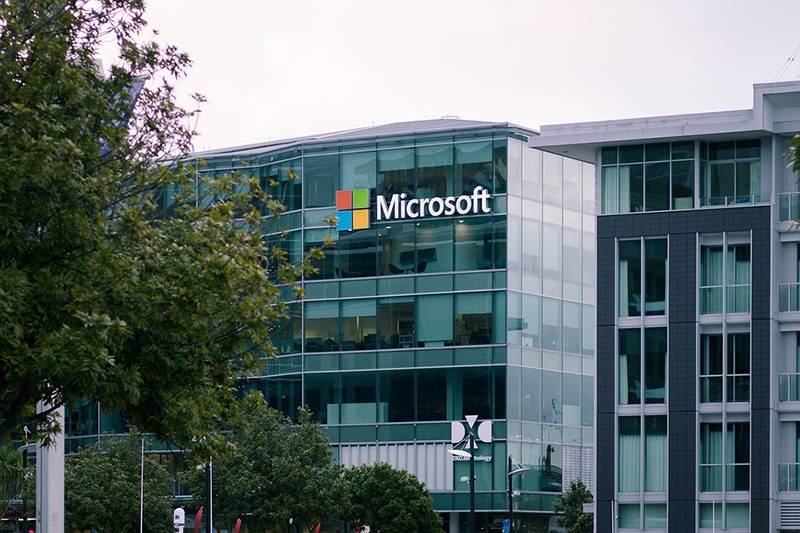Microsoft Corp. announced AI for Health, a new $40 million, five-year program and part of the AI for Good initiative, that will leverage artificial intelligence (AI) technology to empower researchers and organizations addressing some of the world’s toughest challenges in health.
Read more Microsoft and Nuance Announce Collaboration to Transform the Doctor-Patient Experience
“Artificial intelligence has the potential to solve some of humanity’s greatest challenges, like improving the health of communities around the world,” said Brad Smith, president, Microsoft. “We know that putting this powerful technology into the hands of experts tackling this problem can accelerate new solutions and improve access for underserved populations. That’s why we created AI for Health.”
Healthcare is perhaps AI’s most urgent application. However, the talent and resources required to equip health researchers with tools to deploy AI and data science is unevenly distributed. Less than 5% of the world’s AI professionals today work in health and nonprofit organizations, says a press release.
Through AI for Health, Microsoft will work to ensure that nonprofits, academia and research organizations have access to the latest technology, resources and technical experts to help implement AI to accelerate research, generate insights and improve access to care. The AI for Health initiative will focus on three key areas:
- Quest for discovery. Accelerating medical research to advance prevention, diagnoses and treatment of diseases.
- Global health insights. Increasing our shared understanding of mortality and longevity to protect against global health crises.
- Health equity. Reducing health inequity and improving access to care for underserved populations.

Microsoft’s efforts will build on existing collaborations with organizations to help solve pressing issues, like discovering the cause of Sudden Infant Death Syndrome (SIDS), eliminating leprosy, detecting diabetic retinopathy to prevent blindness, and building an ecosystem that allows safe and secure sharing of biomedical data.
The company said it is honored to announce several grantees, including BRAC, Fred Hutchinson Cancer Research Center, Intelligent Retinal Imaging Systems (IRIS), Novartis Foundation, PATH, and Seattle Children’s Research Institute.
Read more Microsoft Patents Multidimensional Heart Rate Sensor that Delivers Accurate Data on Wearables
“Countries like Bangladesh, where BRAC was founded, have made enormous strides in health equity in the last three decades. Unfortunately, at least half the world’s population still lacks access to essential health services,” said Asif Saleh, executive director, BRAC. “Across our outreach areas in Asia and Africa, we see massive potential in using advanced data analytics and AI to bridge the gap between ‘health for some’ and ‘health for all,’ and we welcome Microsoft’s commitment in making this happen.”












